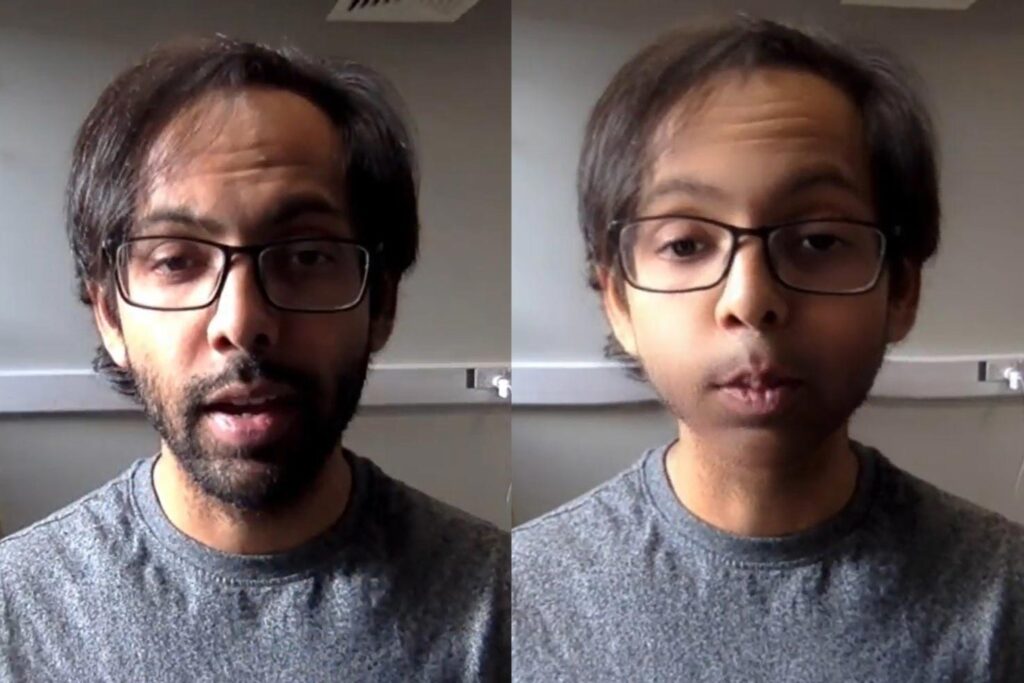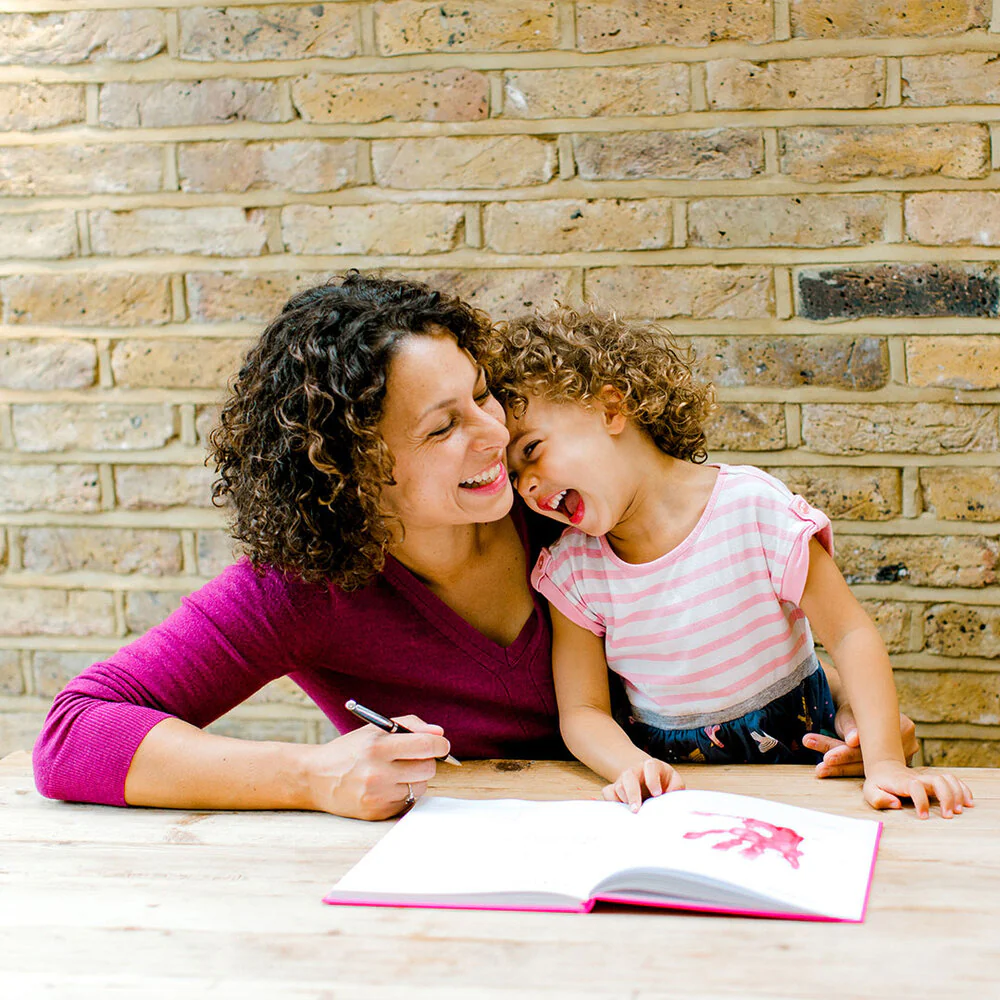Many people wish to relive the joy and innocence of their childhood, yet struggle to recall those early moments no matter how hard they try. Now, a groundbreaking scientific study has revealed a fascinating new way to unlock forgotten childhood memories — by changing how we perceive our own bodies.
According to research published in Scientific Reports, scientists at Anglia Ruskin University (ARU) in Cambridge have discovered that temporarily altering how people see themselves can help them recall long-lost personal memories, including those formed during early childhood.
The study — the first of its kind — involved 50 adult participants who were shown a digitally altered, child-like version of their own face using a real-time video feed and a technique called the “Enfacement illusion.”
This illusion allowed participants to perceive the altered face on a computer screen as their own reflection. When they moved their heads, the child-like face mimicked their movements, creating a powerful sense that the younger version truly belonged to them.

After experiencing this illusion, the participants were asked to recall memories from both their early childhood and recent years. Remarkably, those who saw the child-like version of themselves were able to retrieve significantly more vivid and detailed childhood memories than those who viewed their adult faces.
Researchers believe this shows a direct link between body perception and memory retrieval, suggesting that how we view ourselves physically can influence how deeply we access memories.

Professor Jane Aspell, senior author of the study, explained:
“When our childhood memories were formed, we had a different body. So we wondered — could helping people experience aspects of that body again allow them to recall memories from that time?”
She added that most people remember little before the age of three, a phenomenon known as “childhood amnesia.” But this new approach could one day help individuals access long-forgotten moments from that early period of life.
“These results are fascinating and suggest that further, more sophisticated body illusions could be used to unlock memories from different stages of our lives,” said Aspell.
“In the future, it may even be possible to adapt the illusion to aid memory recall in people with memory impairments.”
The findings shed new light on how self-perception and the human mind are intertwined, opening doors to potential therapies for memory loss — and perhaps, a way for people to relive their happiest childhood moments once more.




